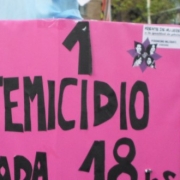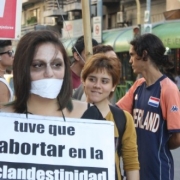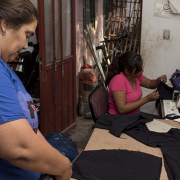Now yes: There is updated ILE Protocol
With the assumption of the new president Alberto Fernández on December 10, and after recovering his category of Ministry the health area, the third update of the National Protocol for the comprehensive care of people entitled to health was published in the Official Gazette legal termination of pregnancy. Update that a little less than a month ago was vetoed by former President Mauricio Macri, after his own Secretary of Health Adolfo Rubinstein gave him momentum.
“Below, we offer a google translate version of the original article in Spanish. This translation may not be accurate but serves as a general presentation of the article. For more accurate information, please switch to the Spanish version of the website. In addition, feel free to directly contact in English the person mentioned at the bottom of this article with regards to this topic”.
After the comings and goings of the previous government regarding the publication and after the repeal of the update of said Protocol, the current Minister of Health Ginés González García, a day after taking office, held a press conference at Casa Rosada in which announced that the update of the Protocol would be published in the next few hours. So it was.
Through Resolution No. 1/2019 published on December 13, what González González García had already anticipated was reflected: this protocol is an imperative of the national health policy on sexual and reproductive health.






